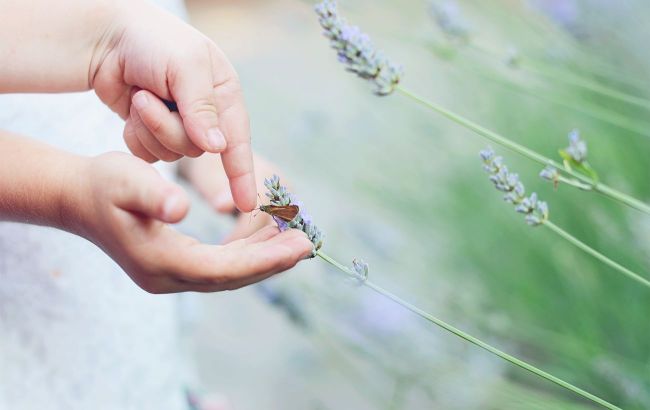Nature under fire: How war is destroying entire ecosystems in combat zones
 War changes not only the map of Ukraine but also insects (Illustrative photo: Getty Images)
War changes not only the map of Ukraine but also insects (Illustrative photo: Getty Images)
War is reshaping not only the map of Ukraine but also its ecosystems. Destroyed forests, wildfires, and lack of maintenance have created ideal conditions for pests to thrive.
Ukrainian entomologist and PhD in Biological Sciences Serhii Hlotov spoke with RBC-Ukraine about the potential consequences of the war for the insect world.
What consequences of war could be for the insect world
According to Hlotov, it's currently impossible to assess the full impact of the war on the insect world, as scientists don't have access to the most heavily affected areas.
"However, even now we can say that the consequences of the destruction of natural ecosystems due to Russian armed aggression will be recorded not only by us but by all of Europe and Asia - they will be studied and observed by the grandchildren of our grandchildren," the entomologist stated.
He also noted that in the Luhansk region, there will be surges in populations of forest pests: bark beetles, longhorn beetles, and jewel beetles. These insects reproduce in destroyed forest areas, as they thrive in dead or dying wood.
"The more forest burns, the more it becomes infested with pests. In such conditions, they have no natural enemies, so their reproduction rate is very high. Moreover, birds that regulate insect numbers by feeding on their larvae no longer live in the destroyed forests. So pests can multiply massively and spread to healthy areas," the scientist added.
Climate change or human activity: What harms insects the most?
Hlotov also explained that human activity is the primary reason insects suffer.
"All climate changes occur solely due to human activity: as a result of carbon emissions, the extraction of natural resources, their processing, and release into the atmosphere. No other organism on the planet has caused as much harm to the environment as humans. And all these changes undoubtedly affect us, plants, and insects alike," the entomologist clarified.
The most critical factor affecting insects is the destruction of their natural habitats - up to 90% of local insect populations die off when this happens.
"The worst thing is the destruction of natural insect biotopes: old forests, burning of reeds. On a single hectare of burned land, millions of pupae can die, and that doesn't help biodiversity recover," Hlotov explained.

